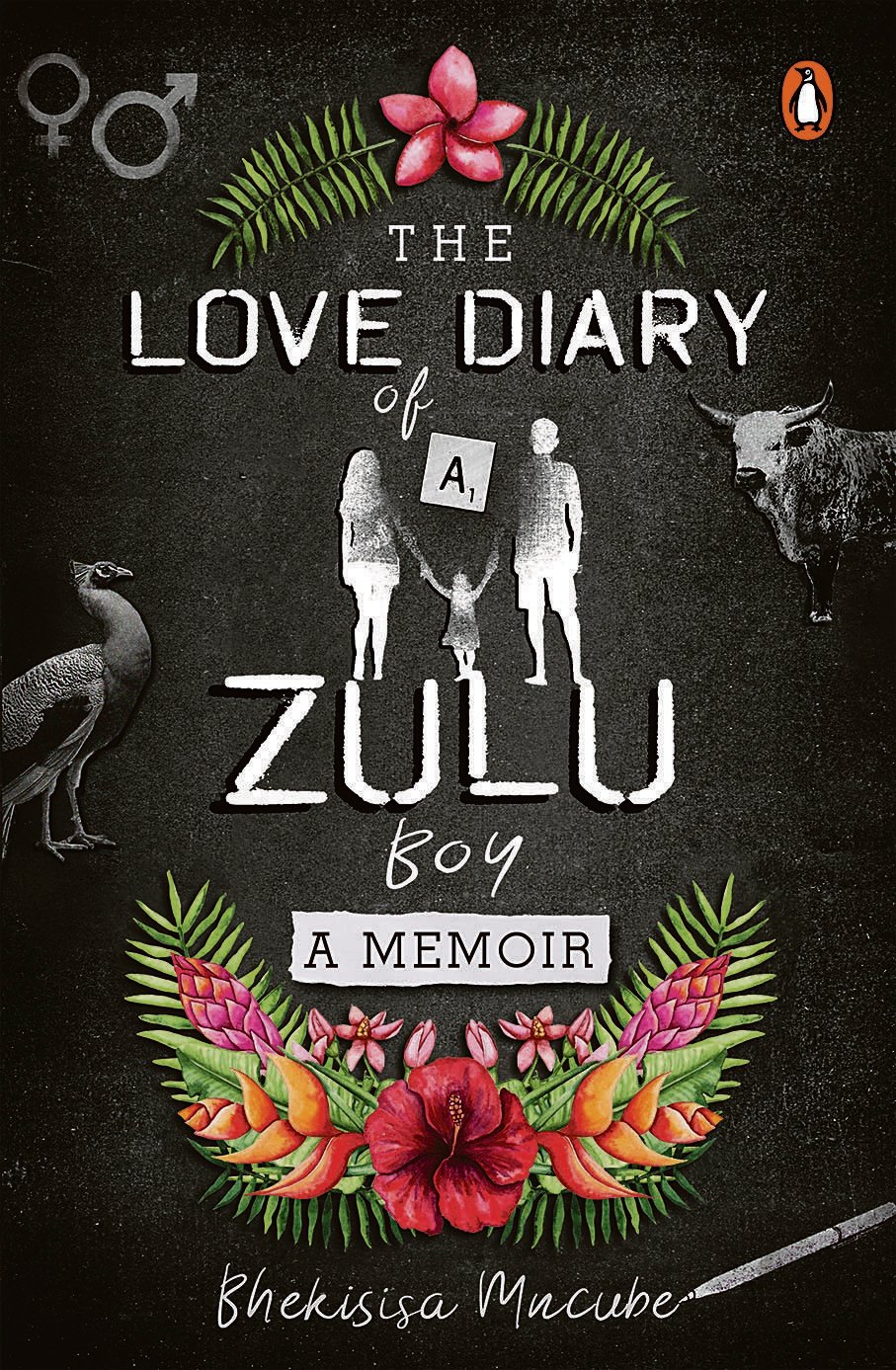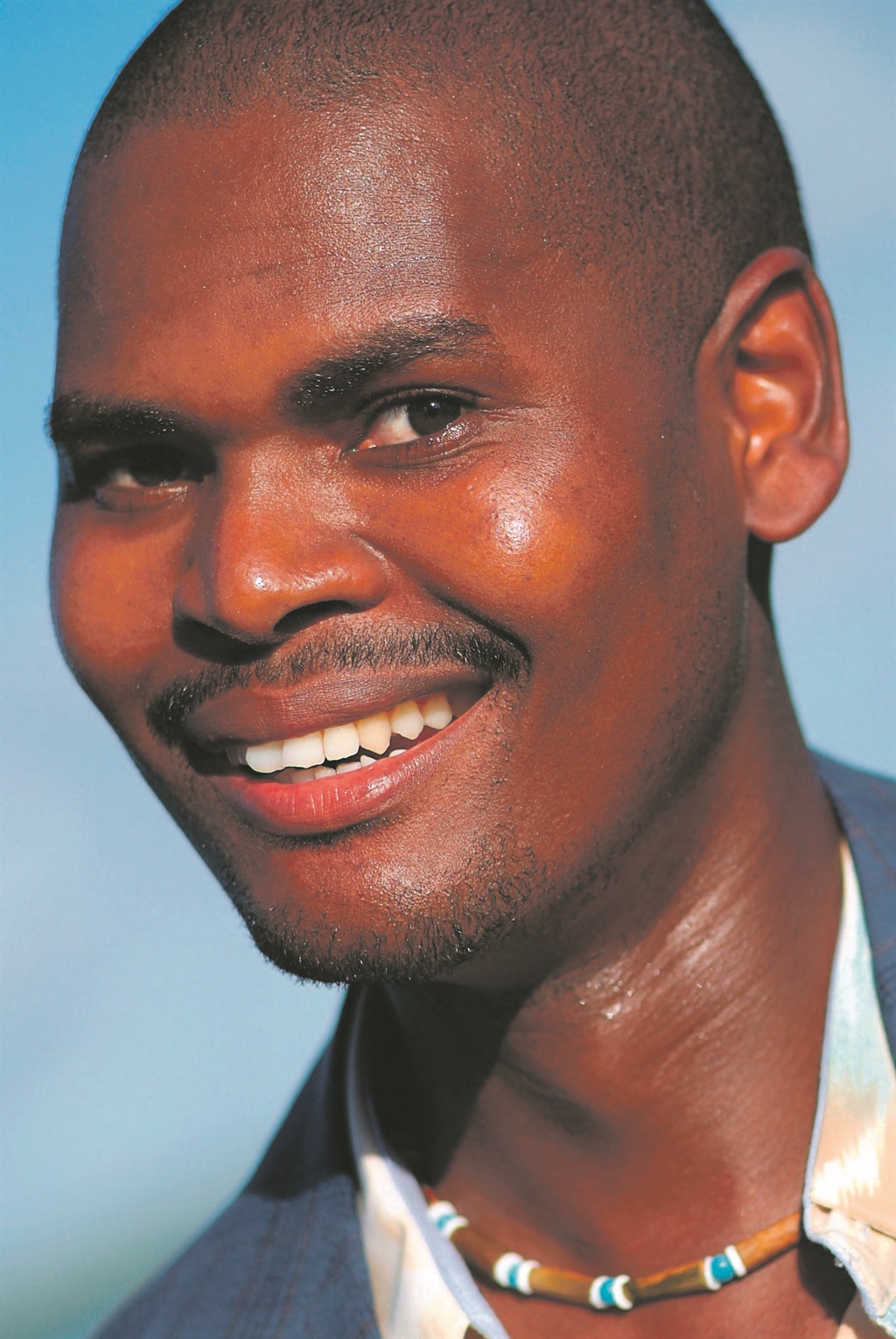
In this extract from his new book, Bhekisisa Mncube gives a colourful account of how his white wife, Professor D, was officially introduced to his Zulu ancestors. A former journalist and now director of speech writing for the minister of basic education, Mncube has penned a candid memoir about a beautiful romance
The Love Diary of a Zulu Boy by Bhekisisa Mncube
Penguin Random House
R230
234 pages
Introducing my English wife to my Zulu ancestors
I am not getting married to my English wife again anytime soon. Yes, folks, the whirlwind wedding ceremonies wagon came to a screeching halt on the 2016 Easter weekend. You will recall that I still owed my parents and my village a traditional and a white wedding.
No, stupid. I didn’t have the two outstanding wedding ceremonies over the Easter weekend, but something of Shakespearean proportions (except it wasn’t a tragedy) happened while I was visiting my family down in Zululand. Let’s just say for now that my family is no longer looking forward to the two outstanding wedding ceremonies. Don’t get ahead of yourself and pronounce that sanity has prevailed: I have learnt to be extra cautious when dealing with my parents.
This is how the story goes. We spent the 2016 Easter weekend with my parents in Ulundi in the northern part of KwaZulu-Natal. Ulundi, in the heart of Zululand, is set among marvellous hills and the rough valleys of the White Umfolozi River. The former capital of the Zulu Kingdom, it straddles Route 66 between Nongoma and Melmoth. We arrived on Friday afternoon. Our trip to Ulundi was an ordinary courtesy visit to see my family. In tow I had my English wife, mixed-race daughter and son born of a Xhosa-speaking mother. My village is now used to seeing a white woman among them, so it’s no longer an event worth gossiping about.
However, as a well-nurtured Zulu boy, I had sent some money to my mother so that she could buy the ingredients required for brewing the traditional Zulu beer known as umqombothi. This was a small gesture on my part to the ancestors in acknowledgement of their presence in my life: what better way to do so than to give them something to drink and be merry about. There was no customary slaughter of a beast or goat.
This visit was meant to be as routine as possible. It turned out to be anything but.
First, on the Saturday my wife entered the Mncubes’ kitchen for the first time with the sole intention of playing makoti, which meant cooking for the in-laws. This had taken her some 16 long years to do. I had decided in the week leading up to our visit that it was the time and place for my wife to break with tradition once and for all. You see, in my family tradition, unless the bride has officially been introduced to the ancestors through the slaughter of a beast, she can’t perform makoti duties, including cooking.
Despite my spirit of defiance, there was another snag. There were 16 mouths to feed. Nonetheless, my wife took to the cooking task like a duck to water. After an epic six-hour cooking session with a malfunctioning electric stove, food was delivered to all. I patted her on the back for a job well done. My parents remained mum on the breaking of tradition. For the past 16 years my wife has been treated as a visitor to be served meals at appointed times.
On Sunday the cooking session had to be repeated. Of course, this was now routine for my wife.
But something monumental was in the offing. While I was seated outside one of the huts and whiling away the time sharing banter with my mom, other family members and hangers-on, my father joined us. He looked apprehensive. I witnessed the perspiration running down his neck. At once he demanded that all of my family join us. I offered a reprieve for my wife and daughter, saying they were busy cooking. My mother also chipped in to say it wasn’t necessary. My father would have none of it. He shouted my mother down. Everybody had to come because he wanted to do something very important. Sensing I wasn’t going to win the battle, let alone the war, I ordered some random kid to go and summon my wife and daughter. They descended upon the place at once. I didn’t make any eye contact with my wife, fearing that she would ask me what was going on and I was none the wiser.
My father, in his petulant fashion, made no small talk, but got straight down to business. He announced matter-of-factly that he was already late in his appointed task of speaking to amadlozi about my side of the family. In Zulu, amadlozi means ancestors (idlozi is the singular form). It means a human spirit or the soul of the departed. As he is wont to do, he walked metres away from us to be near isibaya (the kraal) and started ukuthetha idlozi like a house on fire. Ukuthetha idlozi means ‘to scold’. Zulu historians argue that ukuthetha idlozi linguistically gives one the initial impression of an aggressive kind of relationship between the ancestors and their descendants. In practice, it is not so – the literal translation is misleading. Ukuthetha idlozi is an expression that implies praying to the ancestors, in a way that is not to be confused with religious prayer. It is like a senior counsel’s prayer before a judge. In its traditional meaning ukuthetha idlozi refers to the communication between the ancestors and their descendants. Basically, you tell them what they ought to know and possibly make special requests. We treat the dead like the living, except that we attach greater value to our relationship with them. We are Zulus – that’s just how we roll.
After a beautiful rendition of izithakazelo, meaning praises attached to a particular group (in this case, the Mncubes) in which the clan’s forebears are also referred to, my father proudly reported thus:
I am reporting to you MaZilakatha [the Mncubes’ praise name] that uBhekisisa, the son of MaMlambo [my mother’s maiden name], is now married. He has two children. I appeal to you to guard and protect his new family. We pray for their good health, wealth and peace. My apologies for only telling you this now. It happened a while back.
My father ought to have performed this ritual of ukuthetha idlozi in 2008, when I got married. Nonetheless, the eagerness with which he took to the task, albeit nine years later, made me chuckle. He even dispensed with the tradition of burning impepho, a plant offering to the spirits of the departed. It opens communication with the ancestors and makes any request, report or sacrifice acceptable. It is normally a precursor to ukuthetha idlozi. I couldn’t have cared less: I was just happy to hear my father say the words, “uBhekisisa is now married”.
So, dear reader, it has come to pass that my proverbial English wife Professor D is now officially united with my Zulu ancestors. By all accounts, the message to the ancestors was accepted. It means my wife has been accepted as a makoti by the Mncube clan after the official reportage to amadlozi. This despite the fact that there was no sacrificial slaughter of a beast and subsequent traditional wedding. As my father has relented and introduced my wife to the amadlozi, it means she is officially regarded as a daughter of the Mncube clan. She can now milk the cows, cook the food and basically be sent on errands by my family as a duly wedded wife.
Sadly, in reality, this means that there are zero prospects for any further wedding ceremonies.




 Publications
Publications
 Partners
Partners









